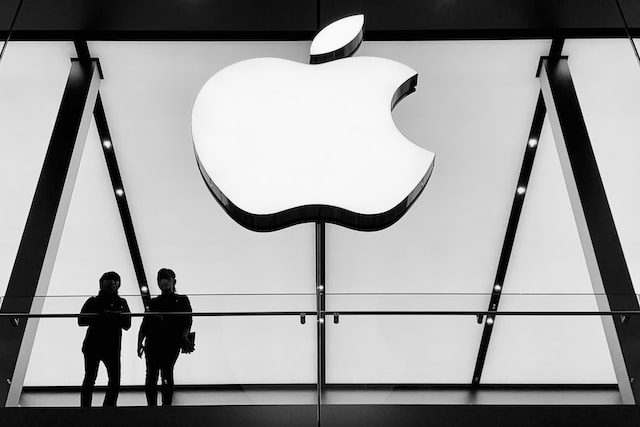In a recent turn of events, Apple has made the decision to escalate its legal battle with Epic Games by requesting the intervention of the US Supreme Court. The tech giant seeks to overturn the App Store order that has been a subject of controversy and legal scrutiny. This move is likely to have far-reaching consequences for the future of digital marketplaces and the App Store ecosystem. Let’s dive into the background of the case, the arguments presented, and the potential outcomes of this pivotal appeal.
Background of the Epic Games Case:
The dispute between Apple and Epic Games dates back to August 2020 when Epic Games intentionally violated Apple’s App Store guidelines by introducing an alternative payment system in its popular game, Fortnite. This move allowed users to bypass Apple’s in-app purchase system, thereby avoiding the standard 30% commission charged by Apple on digital transactions.
Apple responded swiftly by removing Fortnite from the App Store, leading Epic Games to file a lawsuit against Apple for alleged anti-competitive practices. The core argument put forth by Epic Games is that Apple’s control over the App Store and its mandatory use of in-app purchases amount to a monopolistic practice that stifles competition and drives up prices for consumers.
The App Store Order and Apple’s Appeal:
In September 2021, Judge Yvonne Gonzalez Rogers, who presided over the case in the US District Court for the Northern District of California, delivered a verdict that partially favored both parties. The judge ruled that Apple’s restrictions on in-app purchases violated California’s unfair competition law but concluded that Epic Games had breached its contract with Apple by introducing the alternative payment system.
The court order, while allowing developers to provide links or buttons directing users to alternative payment methods outside the App Store, fell short of Epic Games’ demands for a complete overhaul of Apple’s App Store policies. Both Apple and Epic Games appealed the ruling, with Apple arguing against the order to allow external payment methods and Epic Games challenging the court’s verdict on contractual breaches.
The Implications and Potential Outcomes:
Apple’s decision to approach the US Supreme Court highlights the company’s determination to defend its App Store practices and protect its control over the digital marketplace. If the Supreme Court agrees to hear the case, it could potentially lead to a significant precedent-setting ruling that affects not only Apple and Epic Games but also other major players in the tech industry.
A favorable ruling for Apple would validate the company’s business model and reinforce its position as the gatekeeper of the App Store. On the other hand, a decision in favor of Epic Games could result in a major shift in the way app marketplaces operate, potentially leading to increased competition and lower prices for consumers.
Final Thoughts:
The appeal by Apple to the US Supreme Court in the ongoing Epic Games case signifies a critical juncture in the battle over App Store policies. As both sides await a potential hearing, the tech industry, developers, and consumers are closely watching to see how the court will address the complex legal and competitive issues at hand. The outcome of this appeal could shape the future of app marketplaces and have a lasting impact on the broader digital ecosystem.












